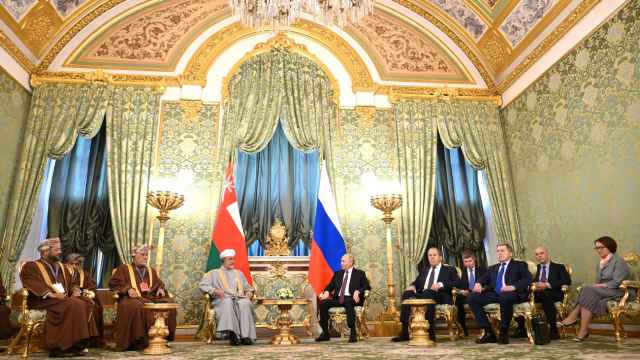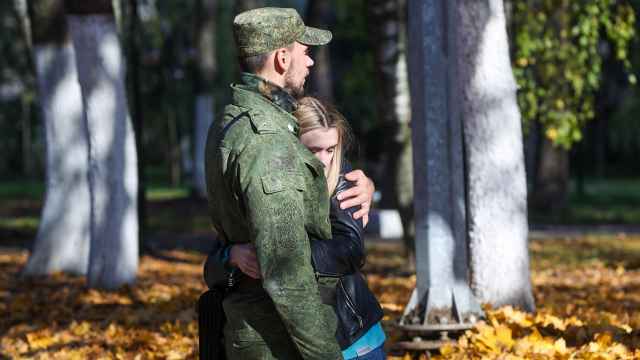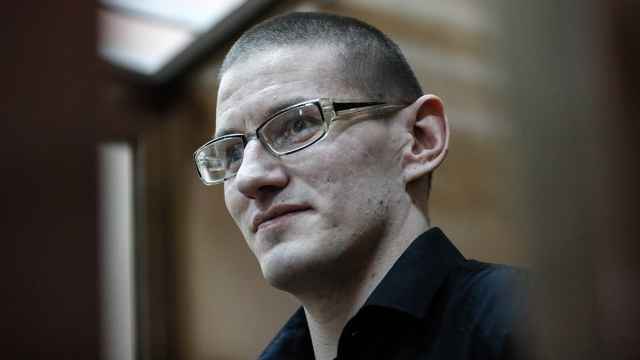United Russia intends to team up with the country's computer gaming community to create educational and social games, the party announced on its web site, and it has the support of a cybergaming group.
"I think it is time for interaction between the party and the gaming community," said Sergei Shirokov, president of the National Professional Сybersport Leagues.
"We believe that the party can begin to communicate with a huge audience of gamers across the country and conduct various competitions for computer games," he said in a statement published on United Russia's web site.
Shirokov suggested computer games based on the "historical reality" of World War II battles.
"At least to some extent, players will be able to feel what our people had to go through to protect their homeland," Shirokov said in the statement, which was titled, "The Game: It's Serious."
His comments also were posted on the web site of the Young Guard, United Russia's youth wing.
United Russia will be a developer and inspirer of the games, said State Duma Deputy Robert Shlegel, a party member who sits on the Duma's information technology committee.
The computer games "will combine education and patriotic features," the 25-year-old deputy said, adding that the first game will be dedicated to Russia's history.
The reaction from other corners was mixed. Oleg Kozlovsky, a member of the democratic opposition group Solidarity, said by telephone that the United Russia initiative was an "extravagant" idea to promote the party and to absorb money from state coffers.
"Neither gamers nor United Russia will get any benefit from this," said Kozlovsky, 26, a civil rights activist and political blogger.
A Just Russia Deputy Ilya Ponomaryov, 35, who also is on the Duma's IT committee, said he saw no problem with United Russia's plans but noted that the games would need to be designed by professionals to be effective.
Nadezhda Nedova, deputy editor of gamer magazine Igromania, voiced skepticism about the likelihood of an effective alliance between United Russia and gamers — starting with the fact that many gamers are under 18 and cannot vote.
"The most active gamers are 14- to 18-year-olds, and they are keen on action and bloodthirsty games," she said.
Nedova was cautious about the party's chances of attracting gamers. "It will require huge financial resources and PR efforts to convince gamers that playing those games is a cool and fashionable thing to do," she said.
A Message from The Moscow Times:
Dear readers,
We are facing unprecedented challenges. Russia's Prosecutor General's Office has designated The Moscow Times as an "undesirable" organization, criminalizing our work and putting our staff at risk of prosecution. This follows our earlier unjust labeling as a "foreign agent."
These actions are direct attempts to silence independent journalism in Russia. The authorities claim our work "discredits the decisions of the Russian leadership." We see things differently: we strive to provide accurate, unbiased reporting on Russia.
We, the journalists of The Moscow Times, refuse to be silenced. But to continue our work, we need your help.
Your support, no matter how small, makes a world of difference. If you can, please support us monthly starting from just $2. It's quick to set up, and every contribution makes a significant impact.
By supporting The Moscow Times, you're defending open, independent journalism in the face of repression. Thank you for standing with us.
Remind me later.





